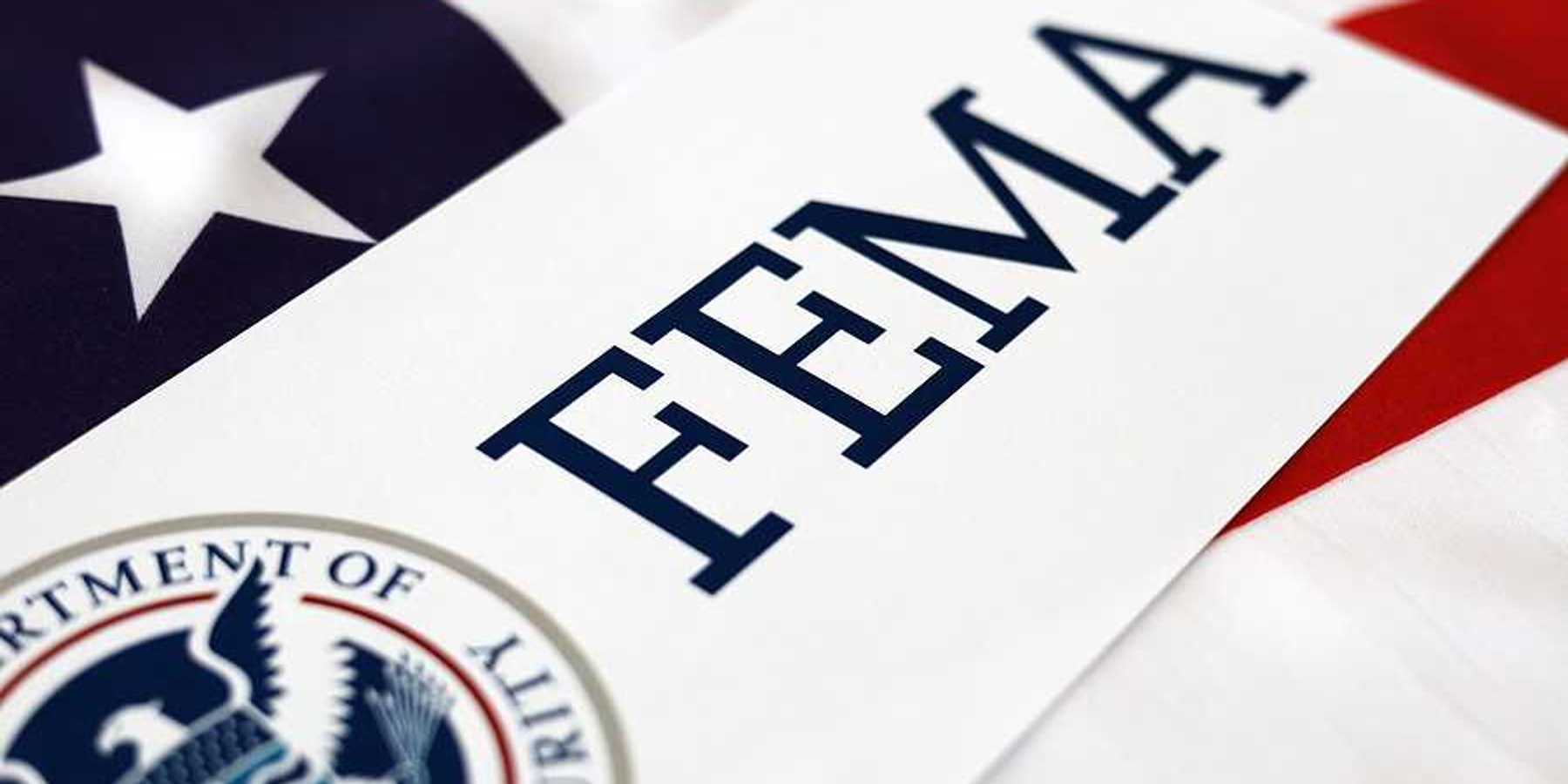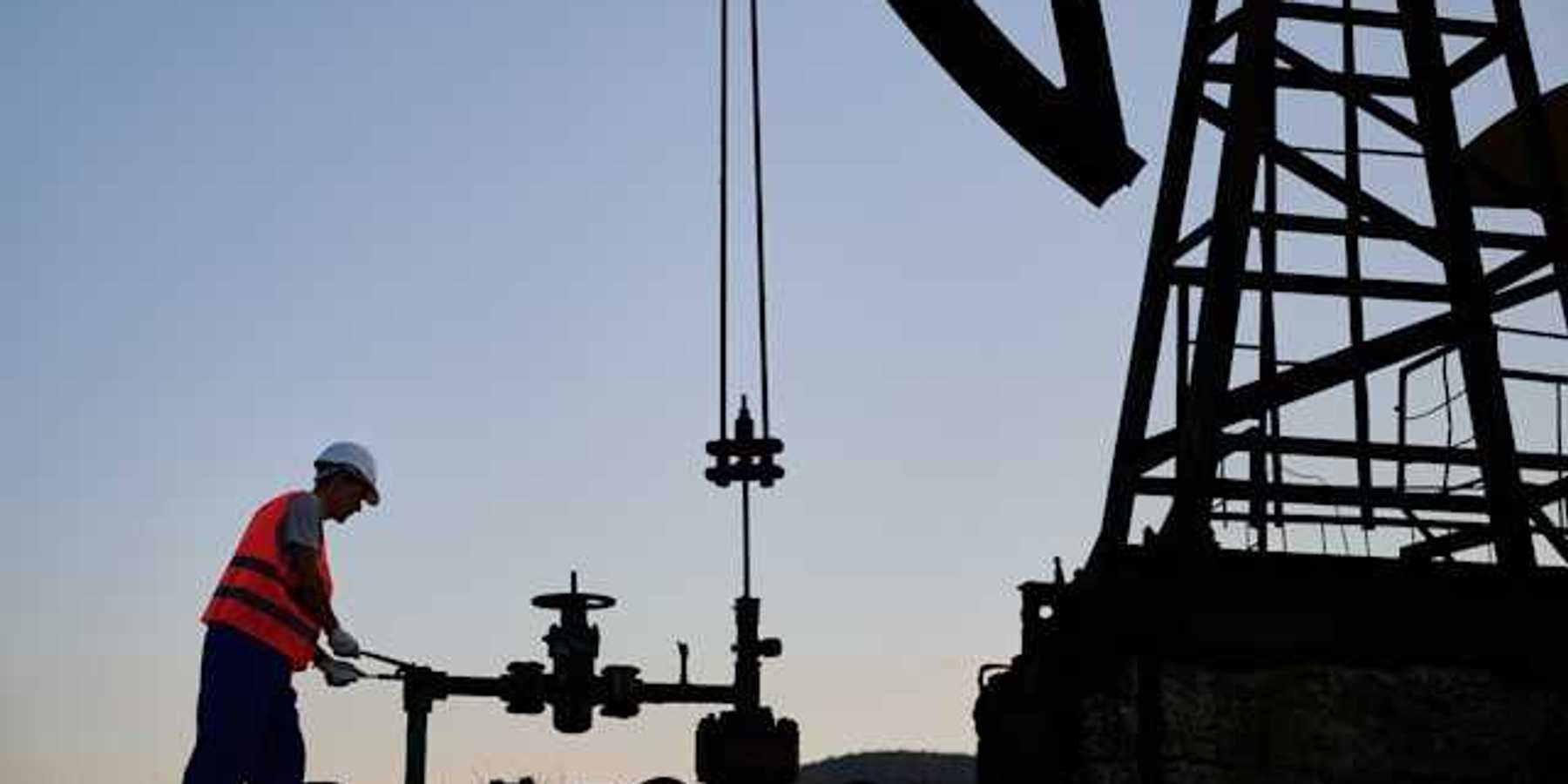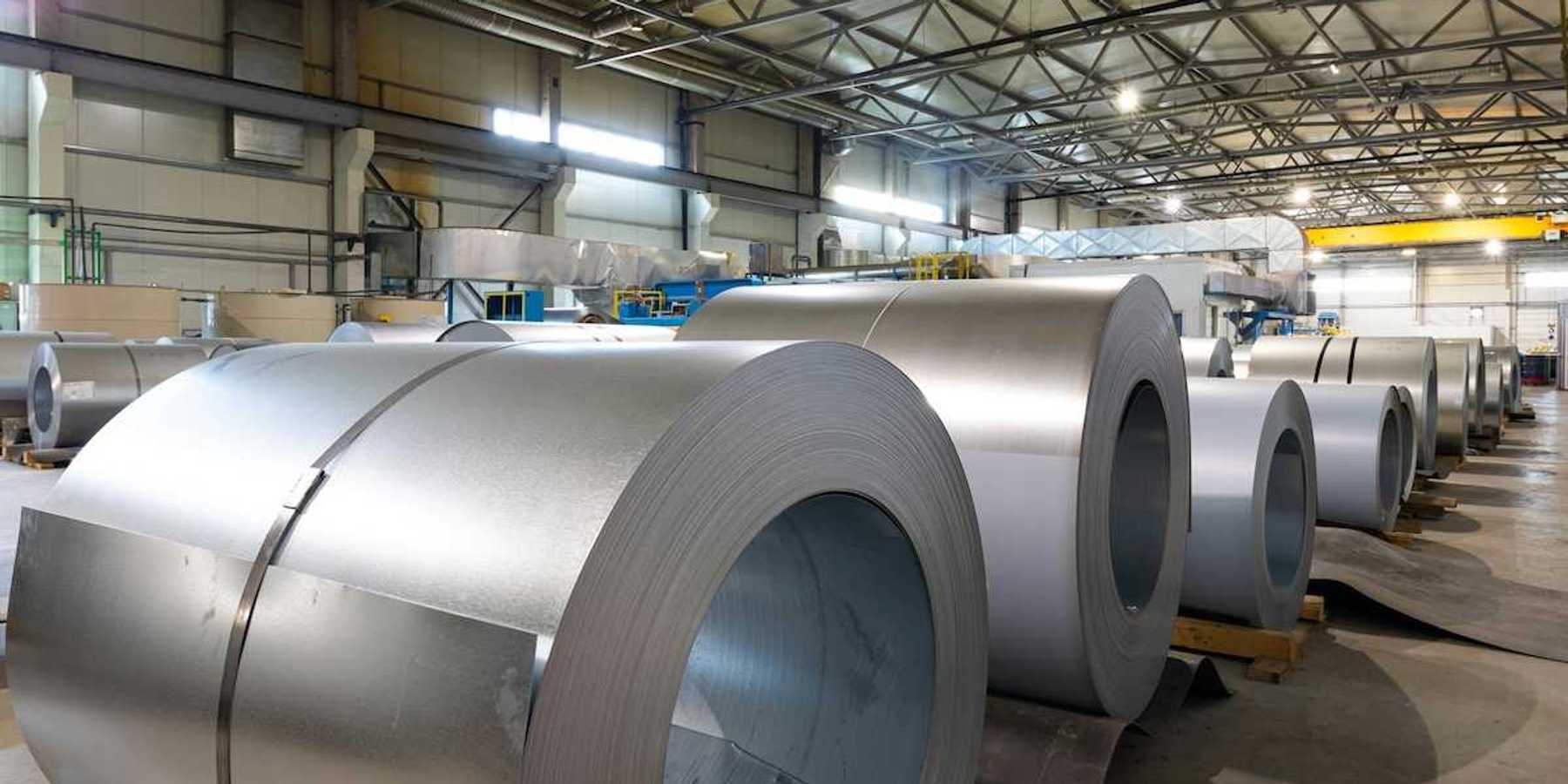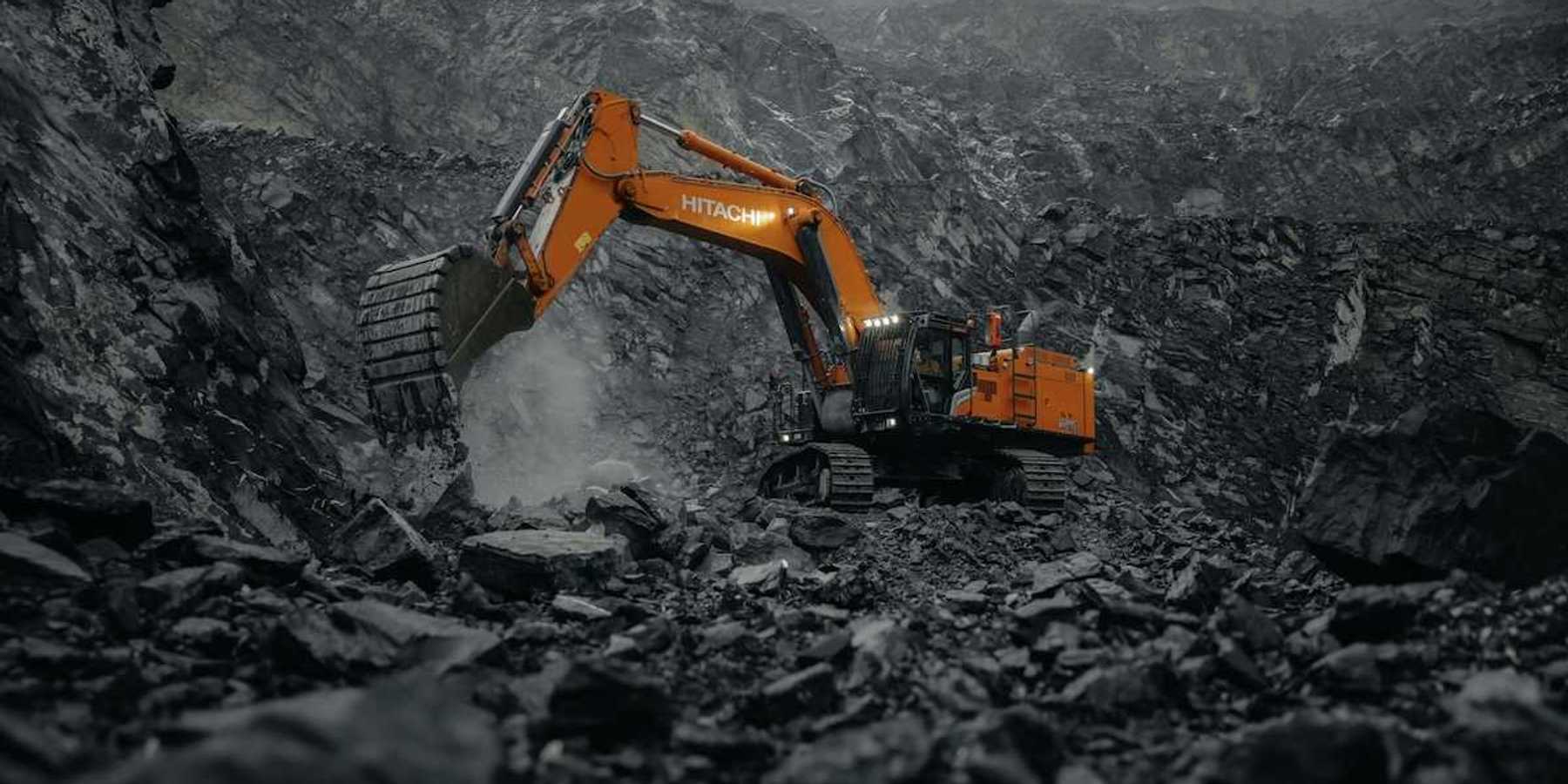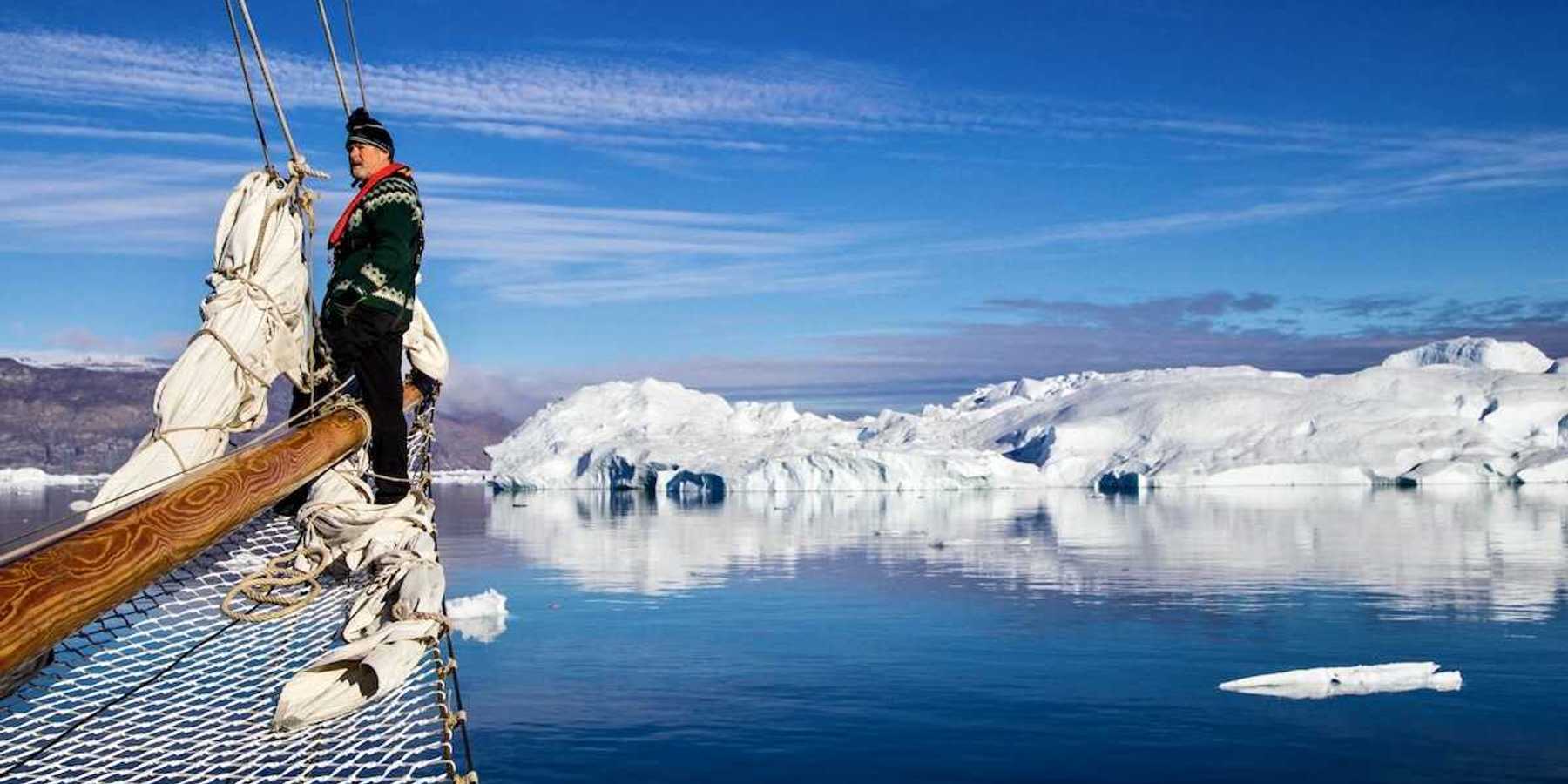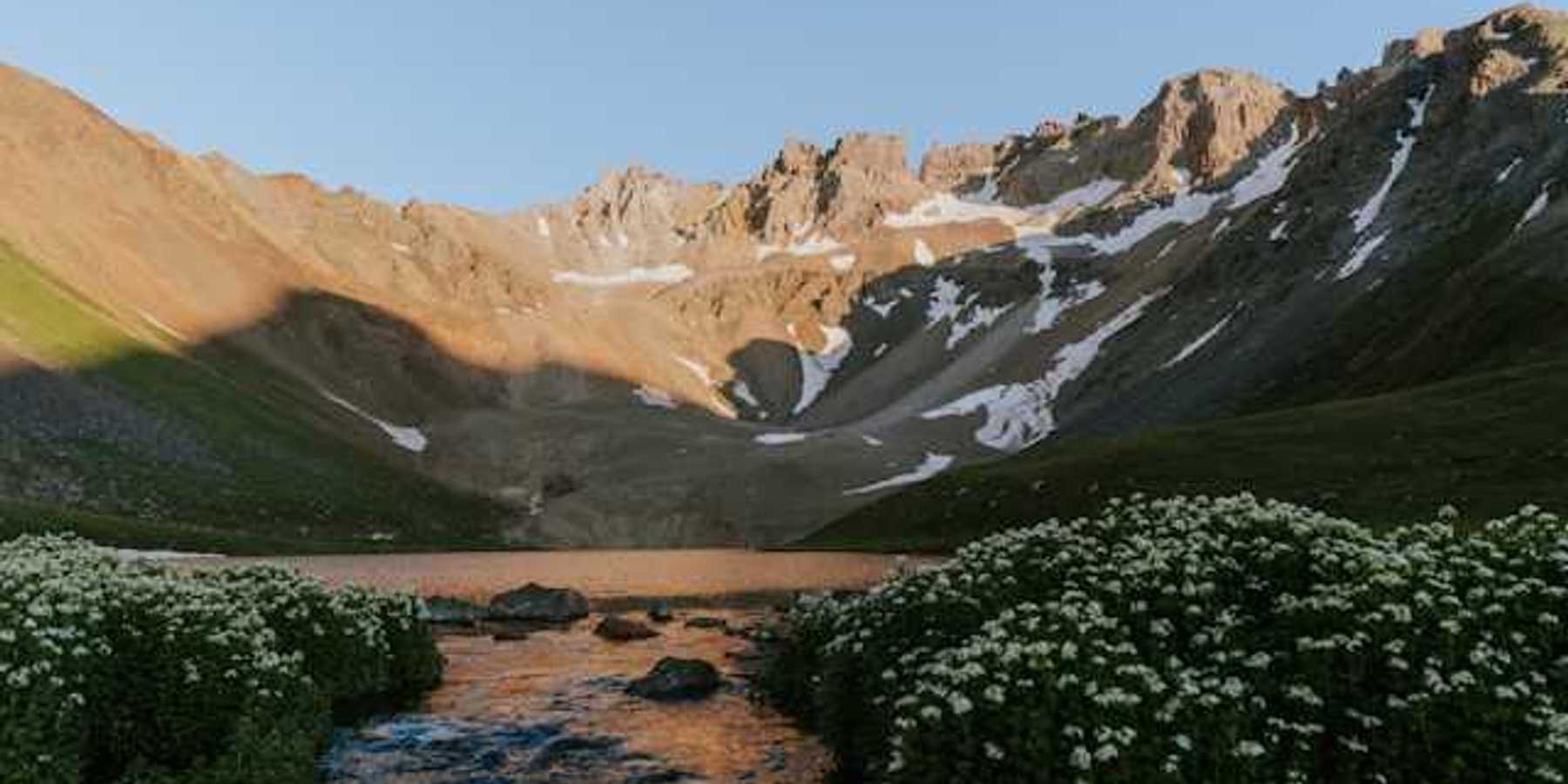Biden's ocean conservation plan excludes some Indigenous voices
President Biden's plan to expand the Pacific Remote Islands Marine National Monument overlooks the perspectives of Micronesians and Samoans, according to a new study.
Anita Hofschneider reports for Grist.
In short:
- Biden's proposal aims to expand protected waters to 770,000 square miles and designate it as a national marine sanctuary, creating the largest non-contiguous protected ocean area in the world.
- While the administration has talked extensively with Native Hawaiians, Indigenous Pacific Islanders, particularly Micronesians and Samoans, feel excluded from decision-making processes and economic benefits, a new paper reveals.
- Authors Villagomez and Steven Mana’oakamai Johnson argue for inclusive policies and funding to support affected territories.
Key quote:
"The proposal is problematic because it has failed to meaningfully include the Indigenous people who live closest to the region and who have the strongest historical and cultural ties to the islands."
— Angelo Villagomez, senior fellow at the Center for American Progress and Steven Mana’oakamai Johnson, Department of Natural Resources and the Environment at Cornell University.
Why this matters:
The expansion of this marine protected area could have significant environmental benefits, such as preserving biodiversity, protecting endangered species and mitigating climate change impacts. In the context of accelerating climate change and biodiversity loss, protecting such vast ocean spaces is crucial. However, for generations, Micronesians and Samoans have sustainably managed these waters, relying on a profound understanding of local ecosystems passed down through centuries. Excluding their input not only risks cultural erasure but also overlooks practical conservation insights rooted in lived experience.

